I have no idea about what it is like on the other planets in the far away galaxies but ours has lots of colour in it. Even the colour blind here can sense colours in a way that is quite different from the way others do it… so, though jaded or faded, colours are definitely in our life. But we aren’t discussing the protanopia, deuteranopia, and the tritanopia personalities vs. the normal ones. Frankly, I just wanted to establish that colours have a universal presence on our planet. And anyway, Ralph Waldo Emerson wrote that even ‘nature always wears the colours of the spirit.’
Now, whether we take the help of some electronic gadgetry or make the rods and cones do this job to see them and sense them is an entirely different matter. No wonder then that passing with flying colours is just one way of showing our true colours! Even off-colour isn’t an absence of colours but just a state of the mind when the body isn’t behaving correctly. By the way, if you don’t consider black and white colours, ask any photographer and he’ll explain how they too are colours with a complete repertoire of hues… and philosophers sometimes call this a duo that symbolises the hope and despair of humanity!
Even writers and musicians play with colours
If you think only walls have a right to play with colours, you really need to see what writers do with them. I mean, it is fine watching an artist splash colours on a canvas and bring it to life… but look at writers who create colour without actually using colour! They are also the ones who create real magic on earth.
This magic is so splendid that even artists like Joan Miro have written, ‘I try to apply colours like words that shape poems, like notes that shape music.’ Well then, all we ever need is 3 colours, 10 digits, and 7 notes to give our planet its colour USP… and a few alphabets, if I may be allowed to add.
‘But languages are so different,’ protested Specky, my wife, ‘and something that colours the world of people who understand that language may not have a similar effect on people who don’t understand it.’
I asked her if she has ever swayed to the beats of a song whose lyrics she could not decipher. ‘Yes,’ she admitted, ‘it has happened many times.’
‘Well then,’ I explained to her, ‘the magic of colours is evident only when the body responds to a stimulus in a way that makes sublimity infuse our senses.’ I think this was a bit too abstract and so I went on to explain how colours dominate a simple ritual that even our bodies follow. ‘Our bodies glow,’ I said, ‘and this emitted light is a thousand times less intense than the levels to which we normally respond.’ I added that all this colour emission was because of biochemical reactions that involved free radicals. I called it a ritual, as this glow rises and falls at different times of the day and will depend on the way we allow our metabolism to interact with our surroundings and the way things are happening. Colours, I think, are a language in themselves and this is a rather universal one that both the animate and the inanimate world understands well and responds to.
Colours have a life of their own
Colours are mavericks that humans cannot do without. We love them when they hum in solitude and we adore them when they come together to splash in wondrous combinations. We wear them, eat them, and imagine them all the time.
Take red. We use the colour to demarcate areas, to indicate indebtedness, and even to point out the radical leftists. We have red balls in snooker and billiards, the bull’s eye is coloured red, and even religions use it to take their cause ahead.
And the colour green goes way beyond just indicating envy and jealousy to talk about green policies, green architecture, green consumers, and even a green old age! If green lumber is unseasoned, can green recruits be experienced? If you have been linking red with meat, remember that green meat is when it is freshly slaughtered or still raw. So if green is so popular, can blue and yellow that form it, be less pervasive? But wait, I’m not yet done with green. Green eyes have inspired a lot of sedate as well as ludicrous comparisons… Shakespeare compared them to leeks, Ed McBain to Amazonian jungles, Erica Jong to the wings of horseflies, and Mark Helprin to a well-watered palm.
The blues can be depressed, moody, or unhappy… but you know that blue films are far from it… and bluestocking and blue blood take us into yet another world. A blue joke cracked in the wrong company can result in those who are blue in the face and this can sometimes pop out of the blue! All this is fine but the most inventive use for blue was invented by Lawrence Durrell who called eyes ‘as blue as corn-flowers‘! Melancholy, hyacinths, sky, corpses, eyes, a graduate drunkard’s nose, sea, autumn mist, robin’s egg, chicory in bloom, and obviously Delftware (well, even all the places in India where blue pottery is created) are all blue-enthused.
Yellow isn’t linked to just a type of journalism and CSK. From yolk to a snooker ball, from ageing and deterioration to being cowardly, from describing people from a region in Asia to butterflies and dyes, yellow covers a lot of ground. Thus, lemons, teeth and moon have as many links to this colour as do mustard, mouldy linen, and ripe corn!
Thus colours from primary to secondary to tertiary… all touch our lives rather intimately. They are indicative, reflective, both subjective and objective, and are quite socially active like us. Yes, they also tend to promote their own interests with a lot of gung-ho! They have a life of their own and need to protect it with as much zeal as possible.
Do colours choose us?
Well, colours are like words and ideas and have an inherent ability to reach out to us when we need them. Fashion experts say this is true and that despite trends for the season, a person may actually be most comfortable in a hue that has chosen him or her. It is almost like certain aromas that pull us towards them and make us their friends for ever. Colours aren’t soulless abstractions that exist to confuse or confound us… they have an innate power to become a lot of things. I have mentioned only music and words here in this post… but colours are not limited to only walls, canvases, pages and score-sheets. They are in emotions, relationships, jobs, travels, adventures, and even spirituality and are constantly adapting and evolving, like we do. Their most important act is to take the first step and express their choice. This does not mean they reject.
Therefore, like colours, let us too take the first step and choose to be friends with everyone and everything else. This is what our ecosystem demands… and this is probably why we are a planet with myriad colours everywhere.
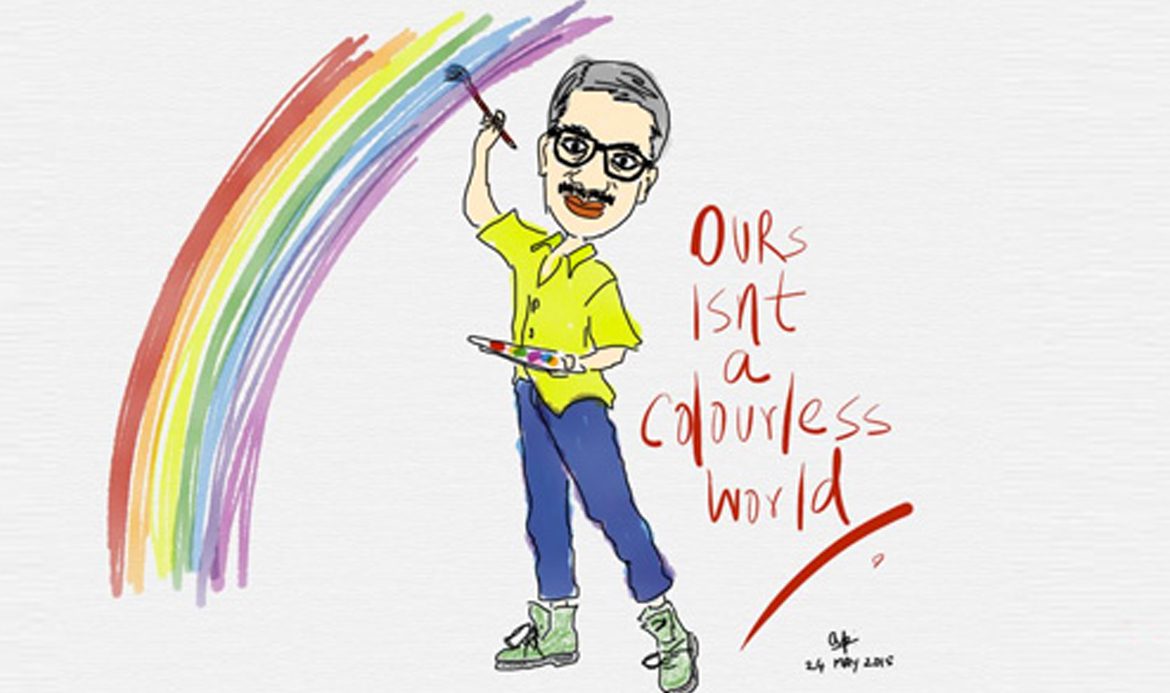

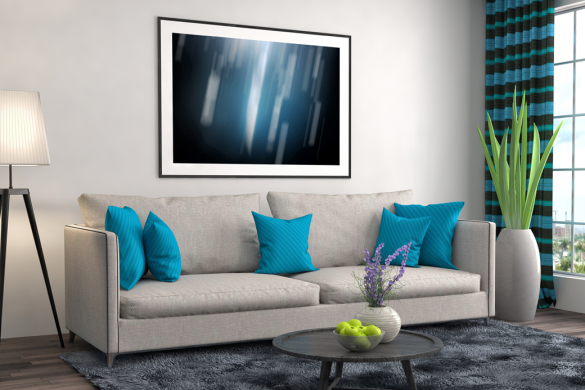
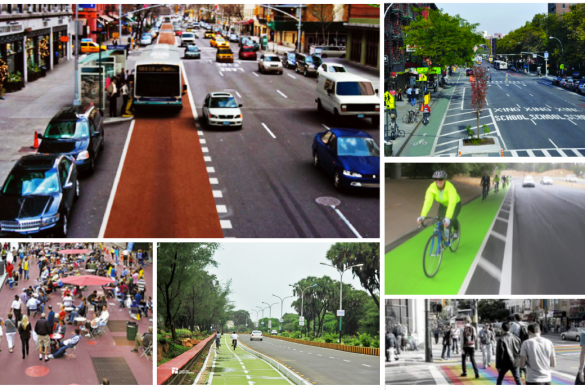
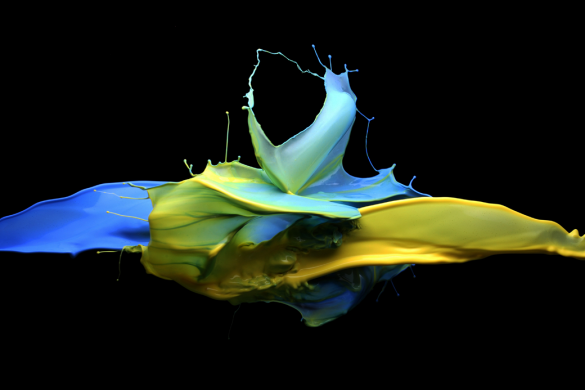
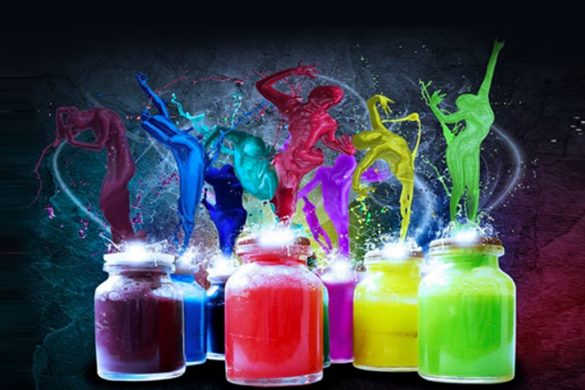
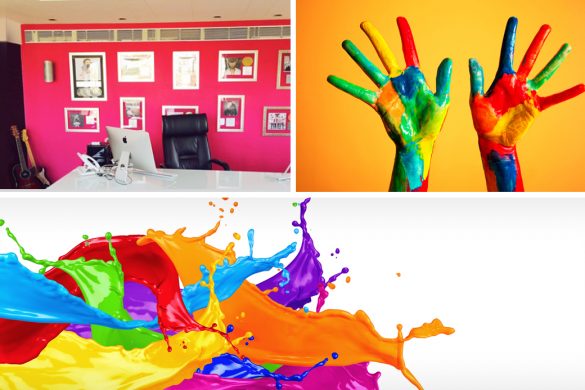
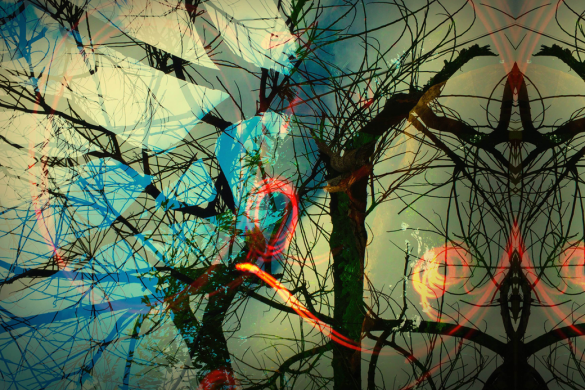
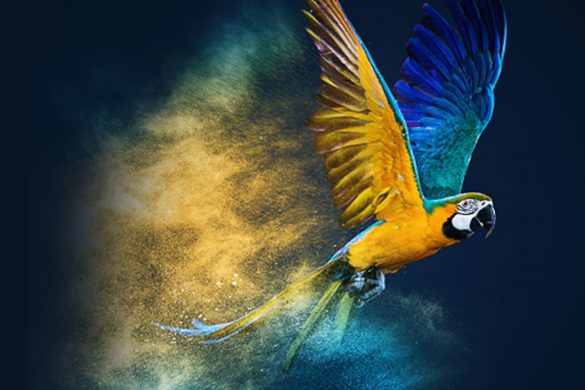
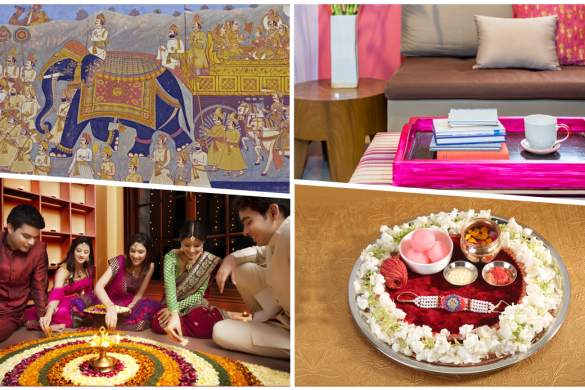
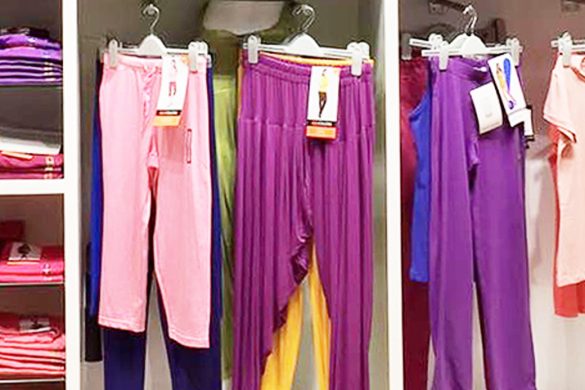
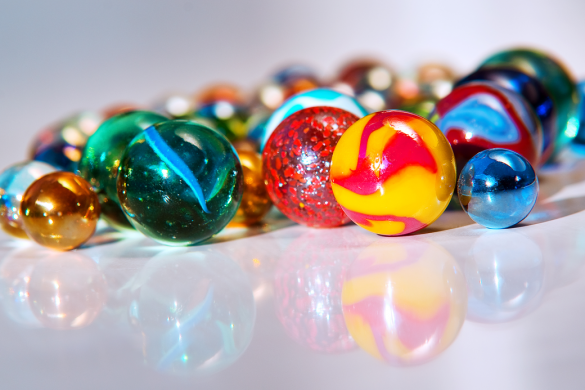

14 comments
Not just music, words, relationships, jobs, travels etc, colours define a brand to a great extent. There are brands which use the same colours in their logo/labels for years, so much so that those colours becomes a top-of-the-mind recall element for the brand!
Hey Arvind, that’s a well-written blog!
Wondering how a colour can have such contradictory meanings and has the innate powers to portray a lot of things.
Would strongly agree with the statement ‘colours have a universal presence on our planet’. No wonder Earth is known as a ‘Blue’ Planet!
Even those black and white days (as we see in photographs/movies etc) had a touch of colours to it. It was never really a colourless world and would never be!
Interesting article. Never thought of colours in this way.
It is indeed a colourful world out there. Isn’t it?